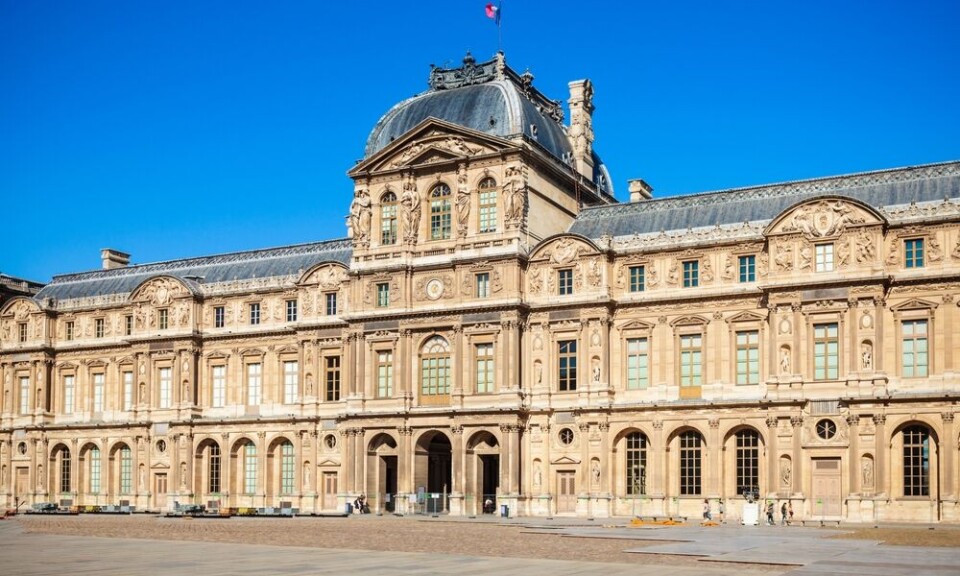France plans major overhaul of payslips
The Finance Minister proposes to simplify the complex French payslip system, reducing it from 55 to 15 lines to aid clarity and understanding.
The government has pledged to simplify the French payslip
fullempty | Shutterstock
Simplifying the French payslip (bulletin de salaire) has been the stated aim of various governments for the past 25 years and Finance Minister Bruno Le Maire has now drawn up his own plan.
It comes as research carried out earlier this year by human resources consultants Sd Worx found 34% of French employees said they did not understand all their payslips and 80% had asked the pay office for clarifications about deductions.
Even for a day’s work as a seasonal employee, the current iteration is likely to fill a sheet of A4 with a list of mainly incomprehensible deductions to salary, plus payments the employer has to make to various state and local organisations for the privilege of hiring you.
A 55-line legal document
It has evolved into what it is through the country’s unique method of paying for social security, through multiple organisations all with their own caisse which depend on direct contributions, as well as government payments.
The payslip is also a legal document, accepted without challenge as proof of income for things such as bank loans, and by the administration for tax and social security checks.
This has necessarily seen the payslip lengthen – the latest line, montant net social, was added in June 2023 to make filling out forms for certain benefits easier.
Officially there are 55 lines on a current payslip, and the government wants to reduce that to 15. Under the proposed reforms the payslip will be still in A4 format but divided into clearer sections.
The draft format was leaked to Le Monde and Les Echos newspapers and showed the first section deals with names, addresses and company registration numbers.
The second, with nine lines, has pay details, with basic salary, deductions for sick days, holiday dates, holiday pay, and things like company car advantages and overtime.
It gives a gross payment in bold print. Under it is a one line division for obligatory social security payments (usually between 16% and 20% of the gross salary), leading to the line for montant net social.
And under that is a section for other deductions or additions, with the descriptions made in clear French.
Read more: How long do I need to keep old French documents?
Lines of confusion
There are 11 lines in the proposed format for things like voluntary social security contributions, transport costs, the employee’s contribution to lunch vouchers, repayment of loans against salary, court judgements that deduct for fines or child support, professional expenses, mileage claims, bicycle use claims, home working claims, payments for IJSS (a system where deductions for sick days are spread over the year) and a final line for any redundancy payments – hopefully left blank.
Most payslips are now composed using specialist software matching that of the company’s internal and external accountants.
The finance ministry said it would give software firms until 2027 to write and test new programmes for the simplified payslips. However, the proposals have been met with immediate objections. When Mr Le Maire presented them to senators, some on the right saw the task of editing payslips as an extra burden on businesses.
Others on the left, meanwhile, objected that putting all social security contributions on the same line would shock workers and lead to demands for cuts.
Other simplification proposals for businesses include pre-filling details on official forms, easier ways of correcting mistakes, and legal and administrative changes to make selling or passing on a business to a family member easier.
The government has made a start, too, on cutting advisory committees, which even when they do not meet incur administration costs.
Five committees which had not met for a year have been dissolved, including the Conseil stratégique de la recherche, which has not met since 2015.




























